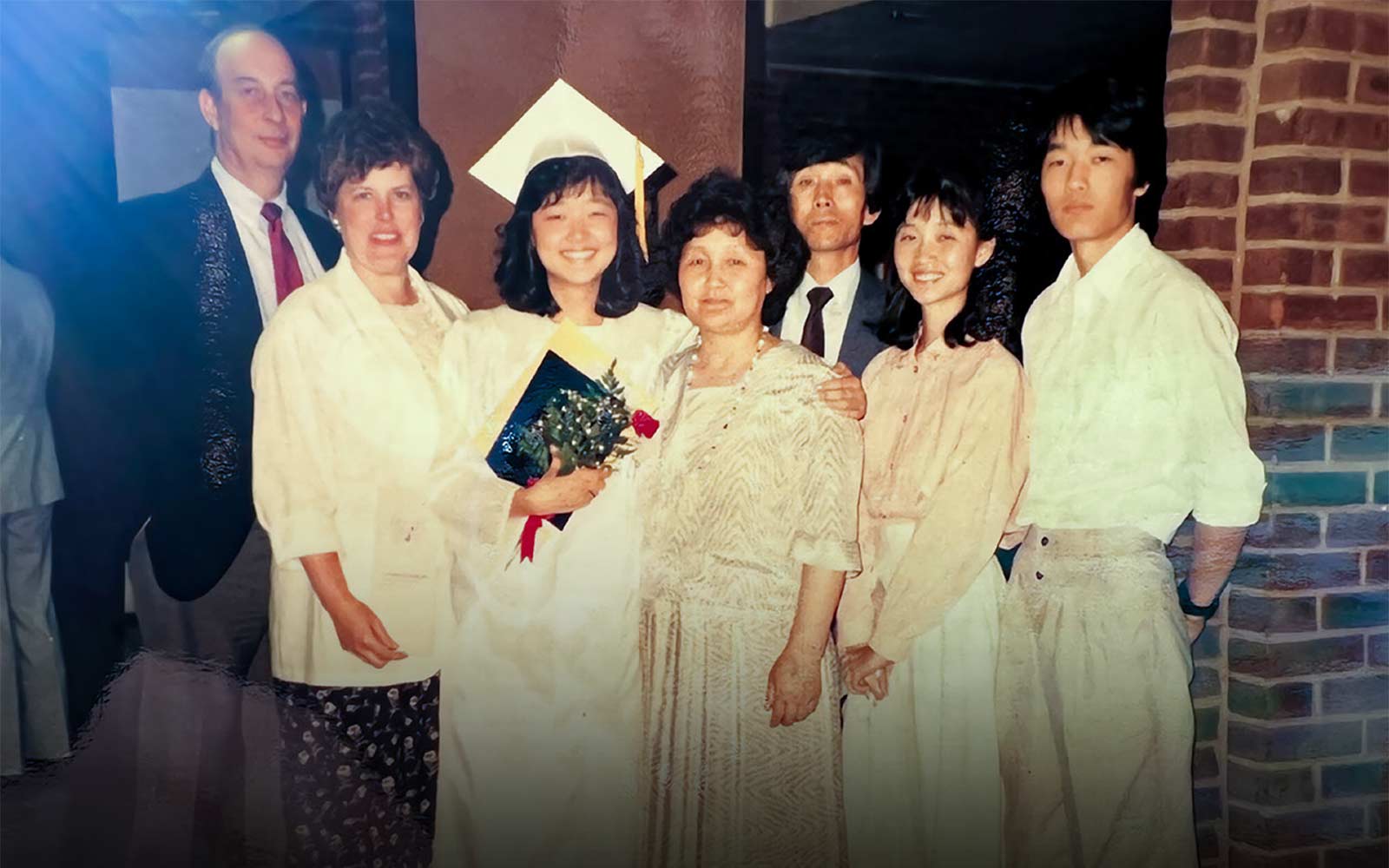By Esther H. Lim

A phone call changed my life.
Six months shy of becoming a teen, I immigrated with my family to the United States—poor and not speaking a word of English. Strangers in a strange land. Four days after our arrival, my father enrolled his four children in public schools in rural Maryland. Middle school can be hard. For me, it was frightening. As the only Asian at the school, I felt isolated and afraid. The stares, the taunts, the gestures—none of them required translation.
A month later, shortly before summer break, my science teacher, Mrs. Jean Herbert, phoned my father to make sure I’d be learning English over the summer. Upon discovering that we had neither plans nor means, Mrs. Herbert opened her heart and home to teach me, my three siblings, and my mother English— a subject she had never taught—without charging a penny.
Mentoring matters. With her teaching, mentoring, and encouragement that summer—as well as in successive summers—I not only survived but thrived academically. I graduated at the top of my high school class. Mrs. Herbert would be the first of many angels in America whose mentoring empowered me—to acquire knowledge, to develop skill sets, to try new things, to reach for opportunity. Most of all, to dare to dream.
The generosity I benefited from has motivated me to pay it forward. My lived experiences have informed my thinking and approach to advancing diversity, equity, and inclusion as a partner and the firm’s first chief diversity and inclusion officer. When I work with first-generation lawyers at Finnegan or teach first-generation law students at Howard University School of Law, I appreciate that they’ve overcome much to be where they are. I also recognize they’ll encounter difficulties as they grow and succeed professionally.
Two key ingredients of success are good assignments on your desk and good mentors on your side. Too often, diverse attorneys face additional challenges, including unconscious bias, as they attempt to find good assignments and good mentors. Having a culture of inclusion—and working to build on that culture—is critical. Fostering a sense of belonging and valuing diverse perspectives allow us to both retain top legal talent and to deliver top legal services. And as lawyers, we have a professional responsibility not just to serve our clients, but also to help those in need, especially those from underrepresented communities.
That can start with a phone call. Check in. Do lunch. Work together. It can make someone’s day—and possibly the person’s career.






